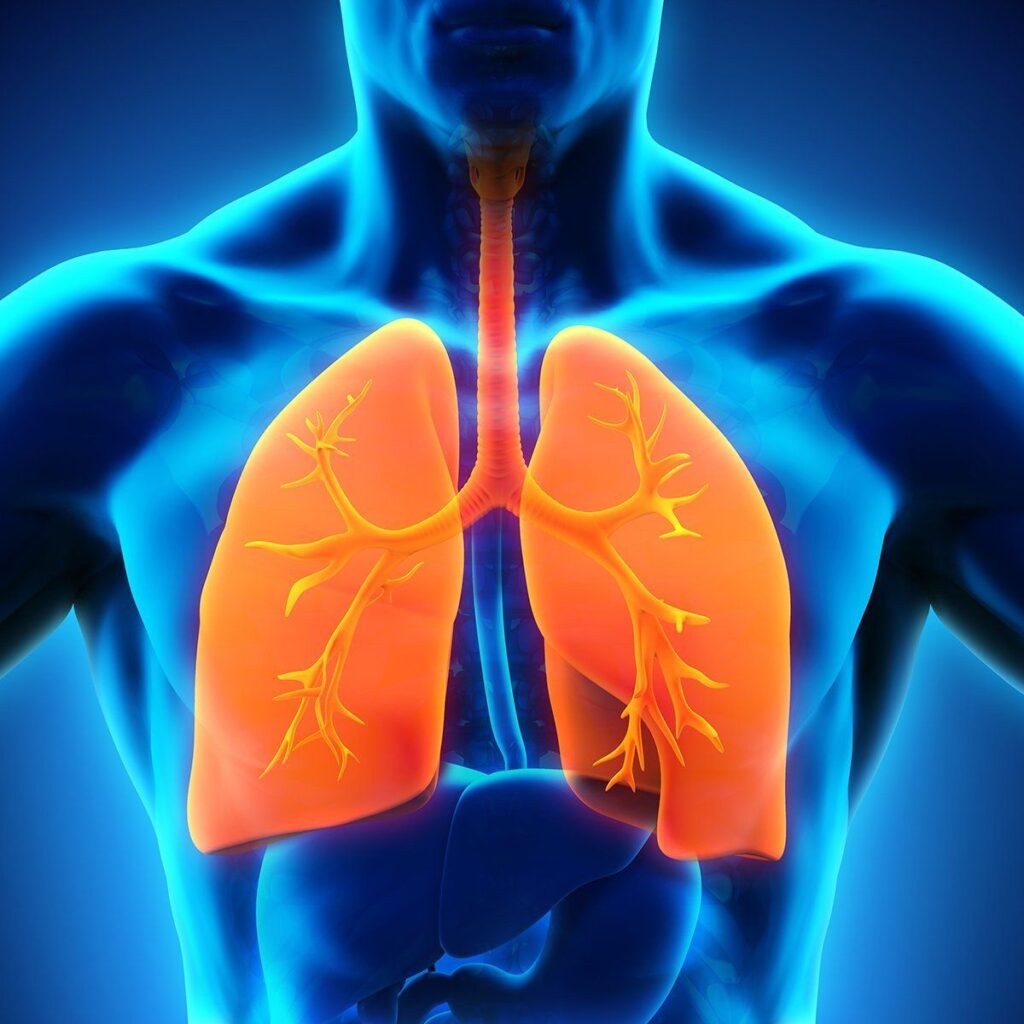- fei
- 0 Comments
Lungs are impressive organs that continuously achieve amazing feats. Every part of the body needs oxygen in order to survive. The delicate structure of the lungs performs the complex tasks of breathing and distributing that oxygen to the rest of the body. Because we all breathe involuntarily, it’s easy to take these remarkable organs for granted. Understanding the imperative role lungs play in our daily life may help us appreciate each breath a little bit more.
Here are 10 interesting facts about lungs:
- Every day, we breathe about 22,000 times! The average person breathes some 13 million cubic feet of air during their lifetime. Each day, 5,000 gallons of air are transported through airways leading into and extending throughout the lungs.
- If the lungs were opened flat they would be so big that they would cover the size of a tennis court. The airways branch reaching a combined length of 14,900 miles.
- The primary function of the respiratory system is to bring oxygen into our lungs. There, it is exchanged for a waste product, carbon dioxide, which is then removed from the body.
- Oxygen only plays a small part in breathing. The air we breathe contains 21 percent oxygen, but our bodies only use 5 percent, the rest is exhaled.
- Lungs aren’t the same size. To accommodate the heart, the right lung is larger than the left lung. The right lung has 3 lobes and the left lobe has 2 to accommodate the heart.
- The lungs are the only organs in the human body that are capable of floating on water. This is possible due to the amount of air that still remains in the lungs, even after exhaling.
- Lungs are completely controlled by the brain. Your brain tells your lungs how much to inhale or exhale. This is why sometimes our breathing changes without our intention.
- Smoking cigarettes is the leading cause of lung cancer due to the amount of tar and other carcinogenic residue that is deposited in the lungs. Around 80% of deaths by lung cancer are a result of smoking tobacco. Second hand smoke pollution in the home or workplace can affect even the healthiest person and can cause a number of health conditions, including cancer.
- Lungs have their own defense mechanism to protect the body against pollution and contamination. Certain cells in the lungs produce mucous to act as physical protection against dust, dirt and other pollutants.
- A baby’s lungs are filled with amniotic fluid while in the mother’s womb. Once the baby is born, it takes about 10 seconds for the baby to take its first breath, which is an automatic result of changing environment.
Breathing slowly and deeply into your lungs can help to ease pain, reduce stress and increase relaxation. Breath work is also the cornerstone of yoga and meditation and imparts a systemic effect on the mind and body. So, take a few deep, long breaths and consider all the miraculous activities your lungs are performing. Lungs are truly the breath of life!
